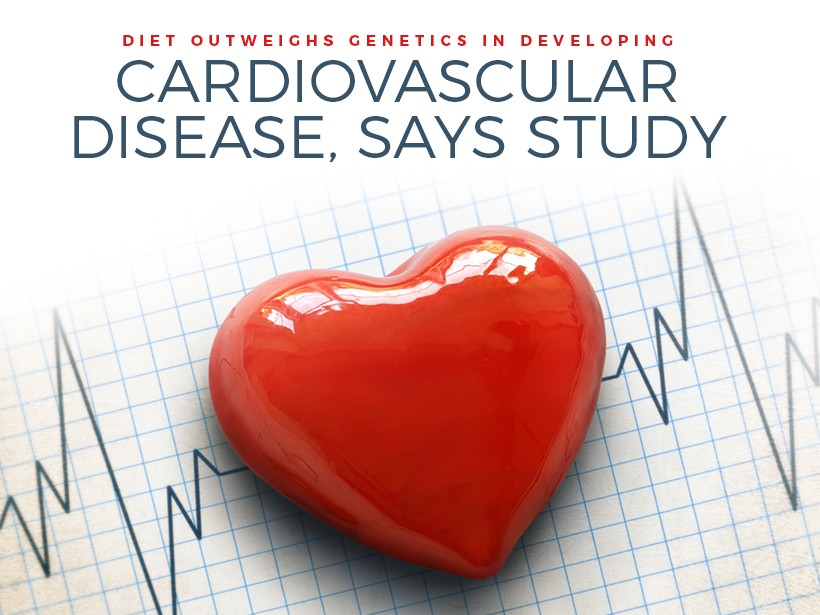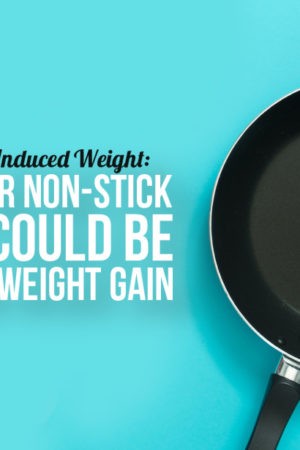If you have a family history of heart disease, it may be encouraging to find that a new set of studies has produced data supporting the idea that diet eventually trumps genes when it comes to preventing cardiovascular disease. In two papers published by the Institute of Cardiovascular and Metabolic Research, researchers found that the consumption of healthy fats had a positive effect on cholesterol. This improvement in HDL cholesterol (sometimes referred to as the “good” cholesterol) is theorized to act as a protective measure against the onset of heart disease and other cardiovascular illnesses– even in populations that are predisposed to developing these conditions through their genetic composition.
Genes vs. diet
It has long been assumed that your genetic blueprint is the most important component in predicting which types of illnesses you will have to face as you age. This can make it seem almost pointless to fight against the influence genetics with a healthy diet. However, new research now supports the idea that diet now outweighs the influence of genetics in determining propensity to develop cardiovascular illnesses. In particular, eating a diet rich in monounsaturated fats have been shown to significantly improve protecting factors that fight against the development of these types of diseases.1
In a presentation of these findings, Dr. Vimal Karani (a lecturer in Nutrigenetics from the University of Reading) confirmed that in light of recent findings, dieters who are predisposed to heart conditions should focus more on consuming high-quality fats to counterbalance the influence of genetics.
“Even though there are a significant number of people for whom their genes put them at risk of heart disease, the good news is that by replacing saturated fat with foods with monounsaturated fats such as nuts and seeds, and olive oil will protect against that risk.”
What types of fats should you be eating?
If you are old enough to have lived through the low-fat craze of the 90's, these finding may be surprising to you. After all, isn't fat the mortal enemy of a healthy lifestyle? The truth is that fat has gotten a bad rap in recent years and had blame shifted onto it largely unjustly due to influence from the sugar lobby. This new research is another entry in a long line of evidence that suggests that focusing on the consumption of monounsaturated fats can actually help to protect you against genetic predisposition. If you have a family history of heart disease, incorporating more olive oil, avocado, nuts, and chia seeds can help you protect yourself.
Obesity and heart disease
Diet and genetics are not the only two factors that make up the equation of risk when it comes to cardiovascular disease. According to the American Heart Association, obesity has the potential to increase your risk of developing heart disease or suffering from a stroke, especially if you already have a genetic disposition to one of these conditions.2
NUTRITIONAL DISCLAIMER
The content on this website should not be taken as medical advice and you should ALWAYS consult with your doctor before starting any diet or exercise program. We provide nutritional data for our recipes as a courtesy to our readers. We use Total Keto Diet app software to calculate the nutrition and we remove fiber and sugar alcohols, like erythritol, from the total carbohydrate count to get to the net carb count, as they do not affect your blood glucose levels. You should independently calculate nutritional information on your own and not rely on our data. The website or content herein is not intended to cure, prevent, diagnose or treat any disease. This website shall not be liable for adverse reactions or any other outcome resulting from the use of recipes or recommendations on the Website or actions you take as a result. Any action you take is strictly at your own risk.
- Keto Drives Increased Calorie Burn - July 11, 2019
- New High-Protein, Low-Sugar Greek Yogurt Hits Market - April 1, 2019
- Can Going Low-Carb Fight Back Fat? - December 4, 2018































